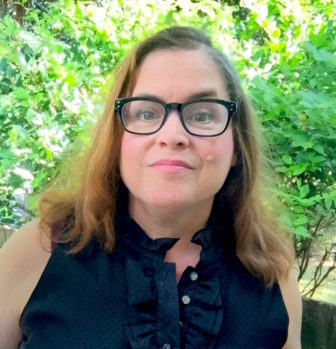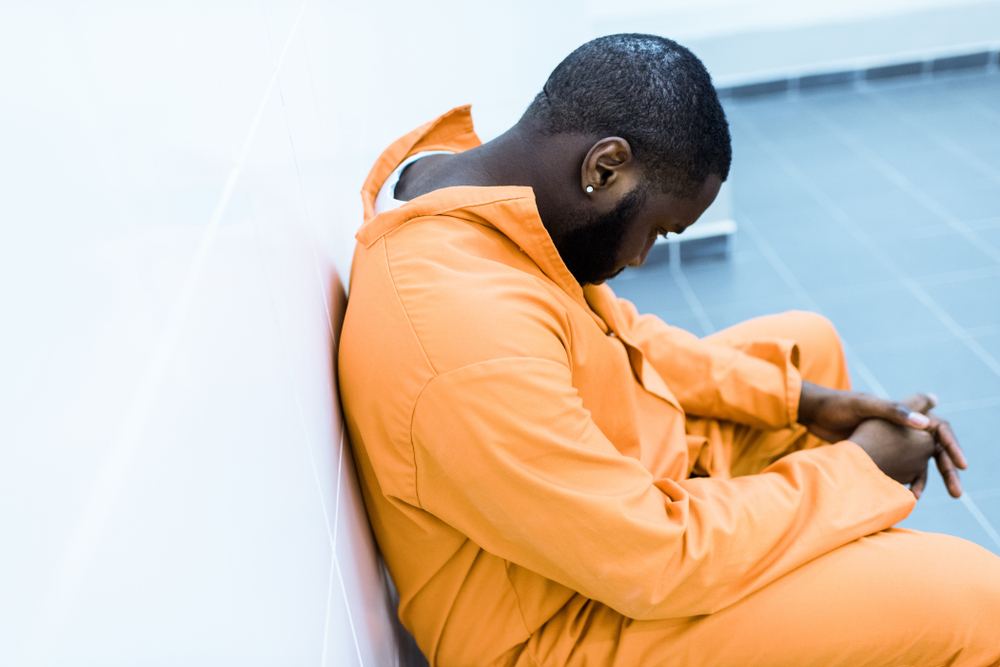![]() Florida’s prisons are in crisis, and public safety hangs in the balance. Plagued by years of documented problems in staffing, safety, programming, health care, maintenance and litigation, history tells us that the Florida prison system will not fix itself. The reality is that another year without meaningful action by the Florida Legislature assures our prison system will persist as one of the most dangerous and unmanageable corrections systems in the nation. Floridians deserve a deliberate and accountable response, one that is informed by a realistic understanding of the system.
Florida’s prisons are in crisis, and public safety hangs in the balance. Plagued by years of documented problems in staffing, safety, programming, health care, maintenance and litigation, history tells us that the Florida prison system will not fix itself. The reality is that another year without meaningful action by the Florida Legislature assures our prison system will persist as one of the most dangerous and unmanageable corrections systems in the nation. Floridians deserve a deliberate and accountable response, one that is informed by a realistic understanding of the system.

Deborrah Brodsky
Prisons are removed from the public, fenced off as well as geographically isolated, and very often in rural settings. This distance prioritizes the remoteness of correctional institutions in the name of public safety, yet it also encourages their operation outside of public scrutiny — the result of which is a lapse in accountability. While prisons remain “out of sight and out of mind,” this does not support the reality of prisons: that they are heavily relied-upon taxpayer-funded institutions entrusted with enormous authority and responsibility.
With 96,000 prisoners, another 160,000 people under correctional supervision, more than 24,000 state employees and numerous private contracts, Florida’s prison system — the third largest in the nation with an annual budget of more than $2.7 billion — is massive. Reforming it is understandably a colossal undertaking, one made more difficult by their insularity and opacity, but one that can be improved through the fresh eyes, proactive engagement and supportive leadership of lawmakers.
Florida lawmakers play an instrumental role in fixing Florida’s prison system; they not only direct policy by enacting and amending laws, but they also hold the purse strings — all of which can be informed by visiting the prisons themselves. The simple act of walking into a prison demonstrates a commitment to their safe and transparent operation. Seeing the facilities in person is much different than reading about them in the media, or reviewing budget numbers during a busy legislative session, or trusting the opinion of others. Visiting prisons affords lawmakers the opportunity to learn more about our prisons’ challenges as well as to develop actionable solutions.
Florida lawmakers have extraordinary statutory authority to visit Florida prisons, and can exercise this right with or without notice, at all times of the day and night, with unfettered access to visit all areas of the prisons and to speak with facility residents and staff. Encouragingly, a growing number of legislators have recognized this right as their responsibility and have embraced prison visits as integral to informing their policy and budget deliberations. Yet, many have not.
The Project on Accountable Justice has created our “Lawmakers Guide to Visiting Florida Prisons” as an effort to encourage more visits. The guide provides details on everything from how to enter and assess conditions at Florida’s prisons — what to wear, what to bring, what to leave in the car — to guidance on talking with prisoners and staff in ways that ensure everyone’s safety and well-being.
Many citizens will never step inside a prison. But that doesn’t mean we shouldn’t know more about how well they function. Importantly, nearly 90% of Florida’s prisoners will at some point be released, roughly 30,000 people every year. It’s in our interest to support their successful return to society as productive citizens. We must acknowledge that the experiences, the conditions and the culture of the prisons will return with them, too. Prisons are a place where punishment is served through the deprivation of liberty, but they should also reflect an environment that is conducive to self-reflection, treatment, rehabilitation and second chances. Lawmakers’ visits provide a healthy accountability mechanism, a bridge between the inside and outside worlds, a vital window into how well our prisons meet the public’s expectations for public safety.
The Project on Accountable Justice encourages all lawmakers to seize their opportunity to learn more about Florida prisons toward righting a ship long on an unsustainable path. It is not necessary that legislators know everything about Florida prisons, but it is important that they embrace their responsibility to create positive change in a system that stands to help or hurt public safety. The process starts with stepping inside.
Deborrah Brodsky is the director of the Project on Accountable Justice, a collaboration of the Florida State University College of Social Sciences and Public Policy, the St. Petersburg College Institute for Strategic Policy Solutions and the Tallahassee Community College Florida Public Safety Institute. It is dedicated to advancing public safety through research and evidence.
